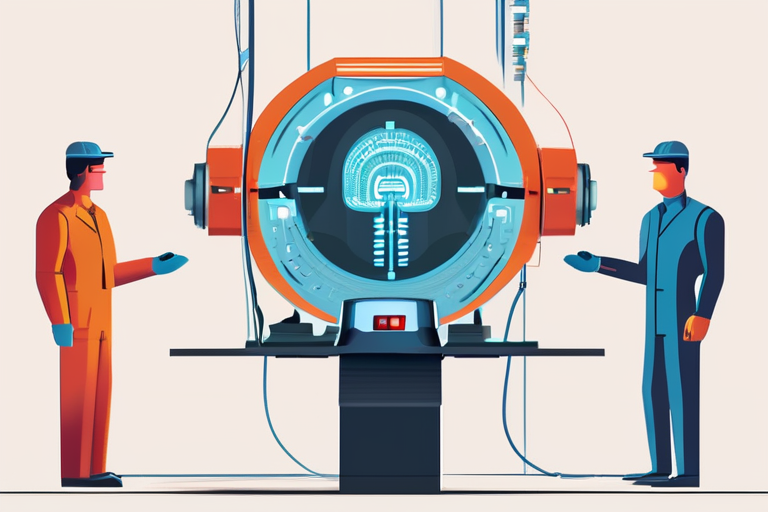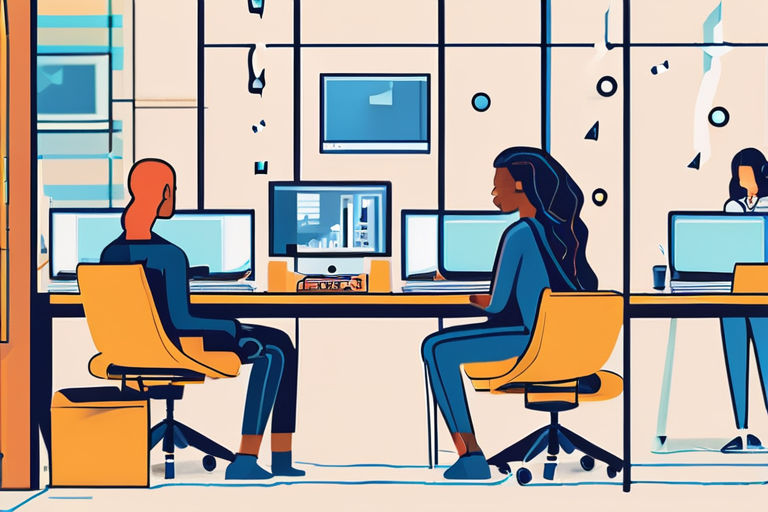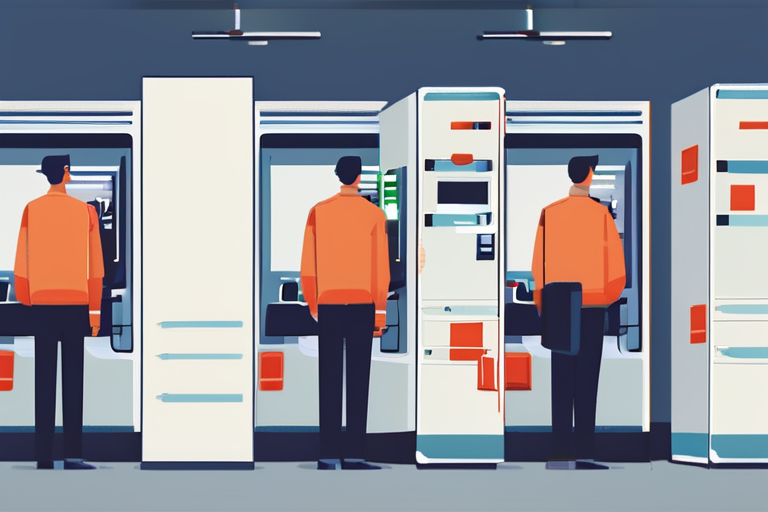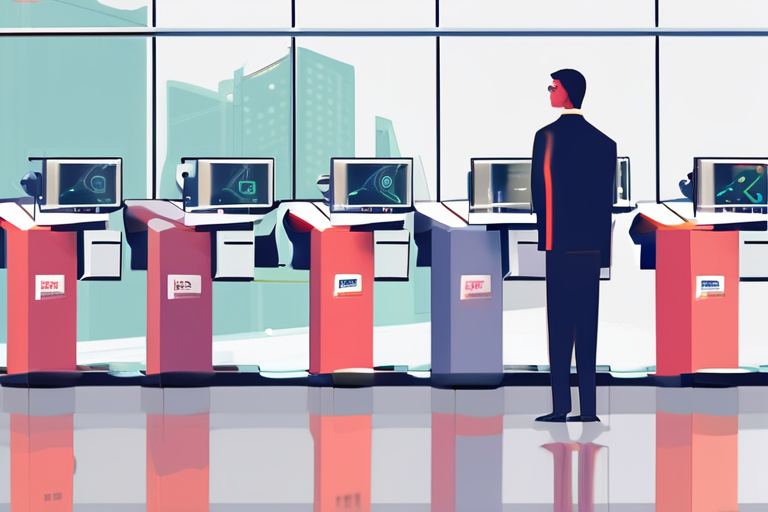

Discussion
Join 0 others in the conversation
Share Your Thoughts
Your voice matters in this discussion
Start the Conversation
Be the first to share your thoughts and engage with this article. Your perspective matters!
More Stories
Discover articles from our community

Tech Hiring Defies AI Job Loss Fears: 12% Surge in Demand for Skilled Professionals
 Hoppi
Hoppi

AI-Driven Job Displacement Hits Entry-Level Tech Pros Hard
 Hoppi
Hoppi

Ford CEO Warns: AI-Driven Automation Threatens Up to Half of White-Collar Jobs
 Hoppi
Hoppi

AI-Driven Job Displacement: Entry-Level Tech Roles Vanish Amidst Automation Surge
 Hoppi
Hoppi

AI-Driven Automation Wipes Out Entry-Level Tech Jobs at Alarming Rate
 Hoppi
Hoppi

AI's Vibe Shift: A Turning Point for Work and Industry
 Hoppi
Hoppi

Tech Hiring Defies AI Job Loss Fears: 12% Surge in Demand for Skilled Professionals
Tech Hiring Holds Steady Despite AI-Related Job Loss Fears A recent survey by ManpowerGroup reveals that tech hiring remains robust, …

Hoppi

AI-Driven Job Displacement Hits Entry-Level Tech Pros Hard
AI-Driven Job Displacement: A Growing Concern for Entry-Level Tech Professionals The rapid adoption of artificial intelligence (AI) in the tech …

Hoppi

Ford CEO Warns: AI-Driven Automation Threatens Up to Half of White-Collar Jobs
Ford's CEO Warns of "Essential Economy" Crisis: AI Threatens to Devour White-Collar Jobs The US economy is facing a growing …

Hoppi

AI-Driven Job Displacement: Entry-Level Tech Roles Vanish Amidst Automation Surge
AI-Driven Job Displacement: The Vanishing Act of Entry-Level Tech Positions The tech industry is facing a pressing concern as automation …

Hoppi

AI-Driven Automation Wipes Out Entry-Level Tech Jobs at Alarming Rate
AI-Driven Job Displacement: The Vanishing Act of Entry-Level Tech Positions The rapid adoption of artificial intelligence (AI) is having a …

Hoppi

AI's Vibe Shift: A Turning Point for Work and Industry
Why AI's "Vibe Shift" Looks Like an Inflection Point In the nearly three years since OpenAI's ChatGPT made its debut, …

Hoppi
